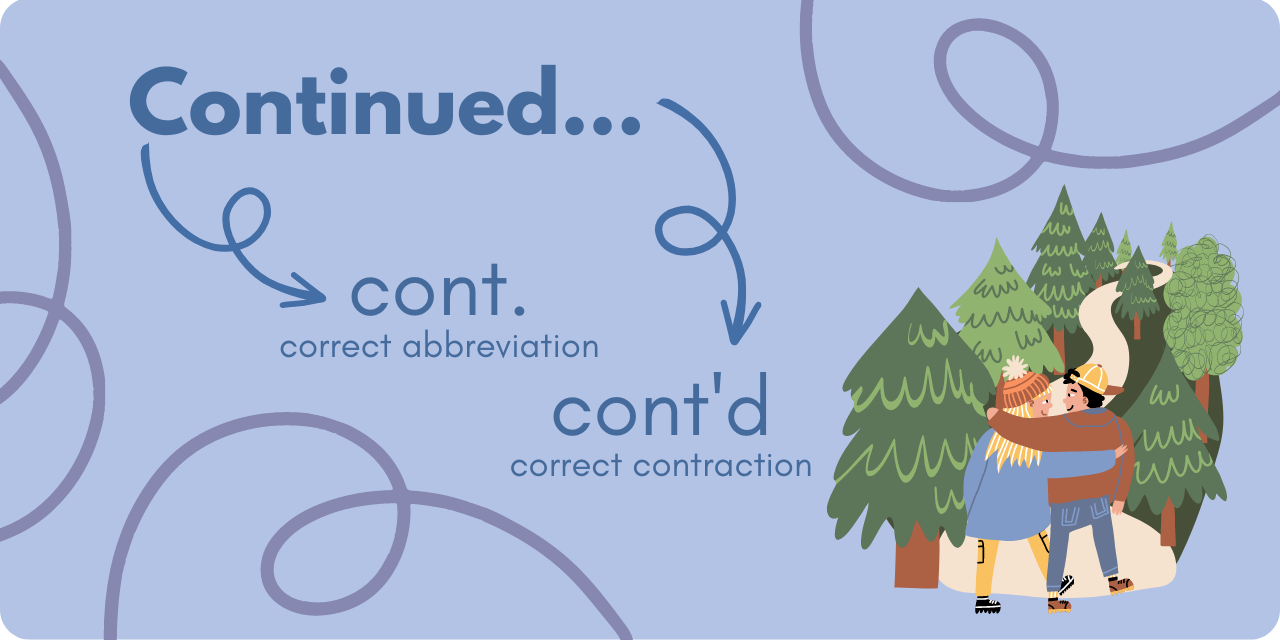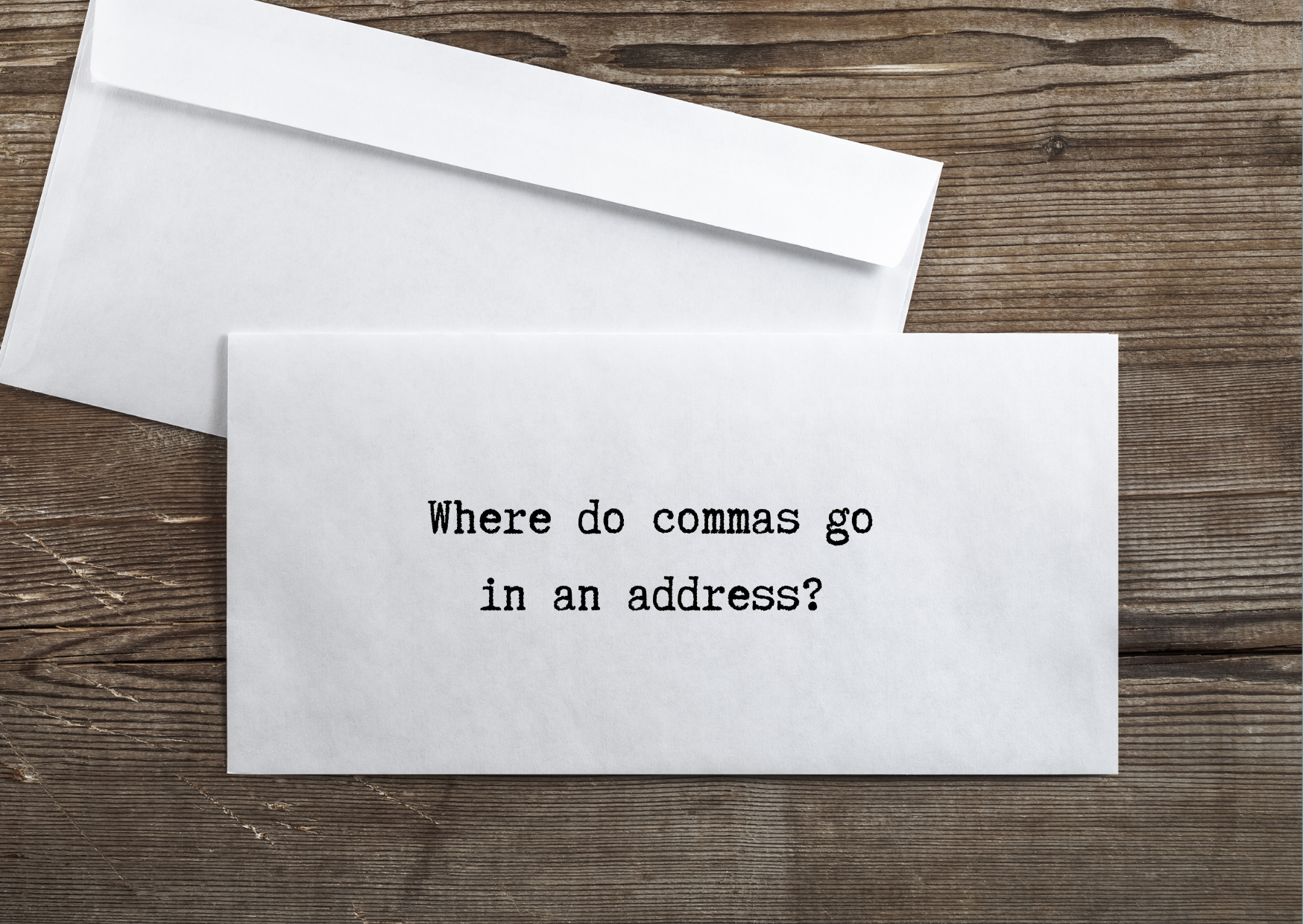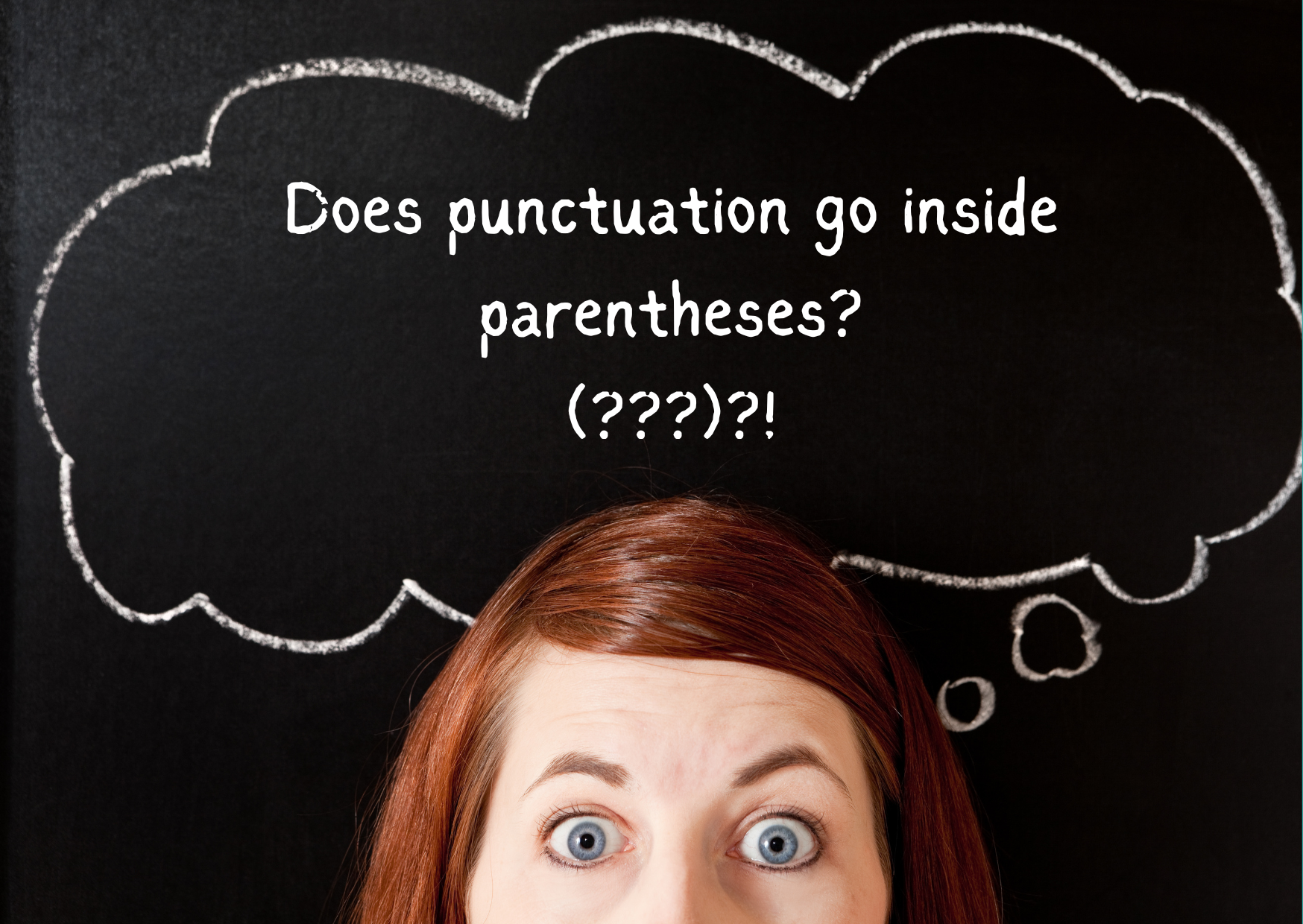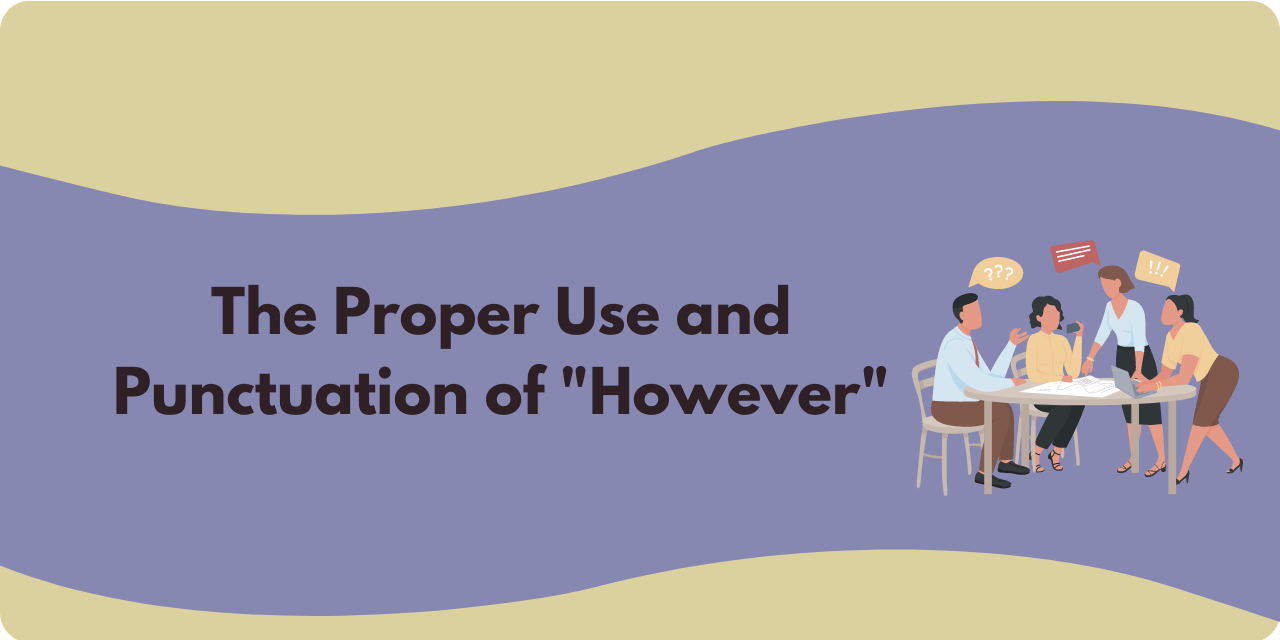When used correctly, hyphens can act as powerful writing tools to join words together, link ideas, or simply enhance the flow of your sentences. That said, they can be quite tricky, so it is important to know some basic rules when using them.
Let’s look at what a hyphen is, how you can use it, and some rules that will demystify the situation!
What is a Hyphen?
Since you are interested in using hyphens in your writing, you are probably generally familiar with them. However, not a lot of people know their specific meaning.
Depending on the sentence, a hyphen “-” is a punctuation mark used directly between words to join or link them together. In addition to their true name, a hyphen, they can also be described as “dashes.”
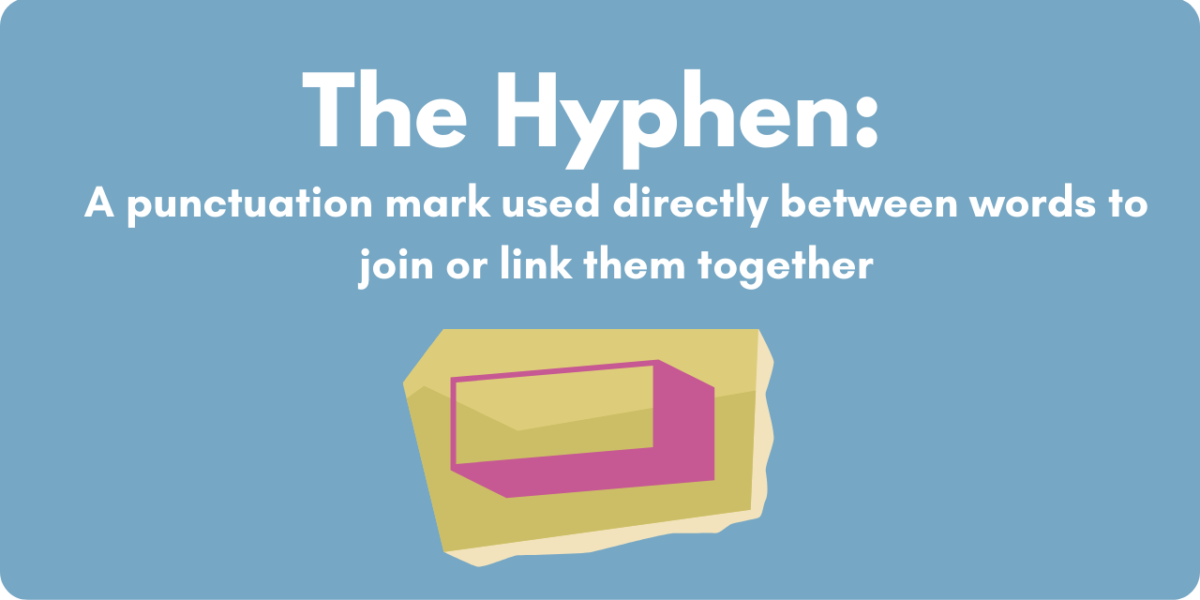
How Can You Use Hyphens?
Even though they are pretty straightforward in theory, hyphens can be used in many ways, which is one of the reasons why they can cause so much confusion.
1. Use Hyphens For Formatting
One of the ways you can use hyphens is for line formatting. If you, unfortunately, run out of space at the margins of your paper, you can use a hyphen to illustrate that the first letters of the new line are a part of the old line.
You can’t just use them whenever, though. Hyphens can only divide a word between distinct syllables when used in this manner. For instance:
- Jamie and I went to the store yesterday to buy a loaf of bread. Unfortu-
nately, the store was all sold out!
- Sam and Jackie are best friends. They like to eat together, dance to-
gether, and even do homework together.
You should not use hyphens to divide words made of one syllable. Additionally, you should not use hyphens if there are only one or two letters on either side of the line.
If you are dealing with a word already in hyphenated compound form, such as self-esteem, you should always cut them at the existing hyphen instead of adding a new one. Likewise, if you are cutting off a compound word that doesn’t have hyphens, you should cut it off at the two root words. For example:
- I went to the park yesterday and saw a few kids playing foot-
ball. They were having so much fun.
- After it rained, there was an enormous rain-
bow that extended over the whole city.
2. Use a Hyphen to Avoid ‘Double-Vowels”
Another instance in which you can use a hyphen is when you want to avoid using a ‘double vowel.’ Double vowels occur when a compounding word joins with a vowel on each end. For instance:
- Pre-existing
- Re-animate
3. Use Hyphens to Spell Out Words
If you are trying to show the spelling of a word, you can use hyphens between each letter to illustrate your meaning. Although this isn’t commonly used in formal or academic circumstances, it can be incredibly useful in everyday or fiction writing. For example:
- James mouthed H-E-L-L-O to Adam from across the classroom.
- I ran into a huge sign that read, C-R-O-S-S-I-N-G.
4. Use Hyphens to Link Adjectives Together
Hyphens can also be used to link adjectives together, thus forming ‘compound adjectives.’ As with all other adjectives, these compound forms should be used before nouns.
Without a hyphen, compound adjectives can be somewhat confusing. In essence, using a hyphen differentiates the two, allowing the reader to understand that they separately describe the noun uniformly. For instance:
- The plumber had to grab his copper-coated wire from the van.
- I am a fairly well-rounded student, according to my professors.
- With my new promotion, I became a high-level member of the company.
- The council had to decide whether the plan was low-impact for the community.
5. Use Hyphens to Link Adjectives and Adverbs
Similarly to linking adjectives, hyphens can also link adverbs and adjectives. One important note for this rule is that hyphens should not be used to link adverbs that end in -ly.
Some common -ly adverbs that you should avoid include:
- quickly
- blindly
- angrily
- happily
- jokingly
With this in mind, not all adverbs end with -ly, so there is plenty that you can hyphenate in your writing!
6. Use a Hyphen for Special Hyphenated Words
Although it may sound a little redundant, you should use hyphens in words that are supposed to have them.
Some words in English are spelled in their true form with a hyphen, and accidentally leaving it out could mean something entirely different. For instance, the words re-collect and re-creation have distinct meanings with and without hyphens.
If you are having trouble determining if a word requires a hyphen, you should look it up in the dictionary!
7. Use Hyphens to Add Prefixes and Suffixes to Words
When using certain prefixes, you should add hyphens between them and a base word. For instance, some prefixes that follow this rule include:
- All-
- Ex-
- Self-
- -elect
When used to form sentences, these prefixes could look like this:
- I am the self-appointed president of my house.
- She went on an all-expenses paid trip through her school.
- This is my all-time favorite sofa.
- I have to get lunch with my ex-husband.
Additionally, if you use a capital word, such as a proper noun, you should always use hyphens to attach prefixes. For example:
- All-American
- Post-Christmas
- Ex-Christian
8. Use a Hyphen With Certain Numbers
Hyphens should also be used when listing fractions or numbers between twenty-one and ninety-nine. For instance:
- Five-eighths.
- Seventy-two.
- Two-thirds of the class is present.
9. Use Hyphens for Dramatic Effect
In more fictional or expressive writing cases, you can use hyphens for dramatic effects, such as adding suspense, drama, or even stammering. For example:
- B-b-but I want to go to the zoo!
- I d-d-don’t want to see you ever again.
10. Use hyphen when creating unique compound nouns.
When you are creating original compound nouns, such as “non-hugger” (as in “after the pandemic, I became a non-hugger), it is best to use a hyphen to avoid any confusion. Here are a few other examples:
- A zombie movie taught me that when it comes to the undead, you have to be a double-tapper, and shoot the twice!
- On our first day, it was clear she was a non-laugher.
Further reading: learn more about the en dash, the em dash and hyphens here.



